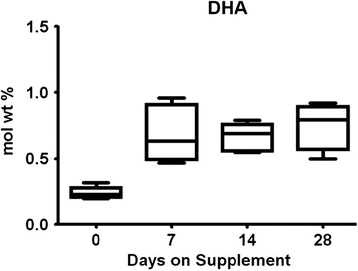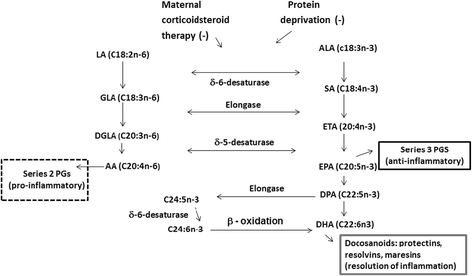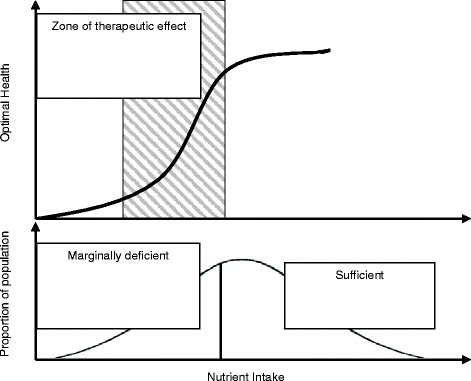Assessment of DHA on reducing early preterm birth: the ADORE randomized controlled trial protocol
- PMID: 28193189
- PMCID: PMC5307851
- DOI: 10.1186/s12884-017-1244-5
Assessment of DHA on reducing early preterm birth: the ADORE randomized controlled trial protocol
Abstract
Background: Preterm birth contributes to 0.5 million deliveries in the United States (one of eight pregnancies) and poses a huge burden on public health with costs in the billions. Of particular concern is that the rate of earliest preterm birth (<34 weeks) (ePTB), which has decreased little since 1990 and has the greatest impact on the overall infant mortality, resulting in the greatest cost to society. Docosahexaenoic acid (DHA) supplementation provides a potential high yield, low risk strategy to reduce early preterm delivery in the US by up to 75%. We propose a Phase III Clinical Trial (randomized to low or high dose DHA, double-blinded) to examine the efficacy and safety of high dose DHA supplementation to reduce ePTB. We also plan for a secondary pregnancy efficacy analysis to determine if there is a subset of pregnancies most likely to benefit from DHA supplementation.
Methods: Between 900 and 1200 pregnant women who are ≥ 18 years old and between 12 and 20 weeks gestation will be recruited from three trial experienced academic medical institutions. Participants will be randomly assigned to two daily capsules of algal oil (totaling 800 mg DHA) or soybean and corn oil (0 mg DHA). Both groups will receive a commercially available prenatal supplement containing 200 mg DHA. Therefore, the experimental group will receive 1000 mg DHA/d and the control group 200 mg DHA/d. We will then employ a novel Bayesian response adaptive randomization design that assigns more subjects to the "winning" group and potentially allows for substantially smaller sample size while providing a stronger conclusion regarding the most effective group. The study has an overall Type I error rate of 5% and a power of 90%. Participants are followed throughout pregnancy and delivery for safety and delivery outcomes.
Discussion: We hypothesize that DHA will decrease the frequency of ePTB <34 weeks. Reducing ePTB is clinically important as these earliest preterm deliveries carry the highest risk of neonatal morbidity, as well as contribute significant stress for families and post a large societal burden.
Trial registration: This trial was registered with ClinicalTrials.gov (identifier: NCT02626299 ) on December 8, 2015. Additional summary details may be found in Table 1.
Keywords: Docosahexaenoic acid; Pregnancy; Preterm birth.
Figures
References
-
- Nesheim M, Yaktine AL. Seafood Chioces Balancing Benefits and Risks. Washington: The National Academies of Press; 2007.
Publication types
MeSH terms
Substances
Associated data
Grants and funding
LinkOut - more resources
Full Text Sources
Other Literature Sources
Medical





